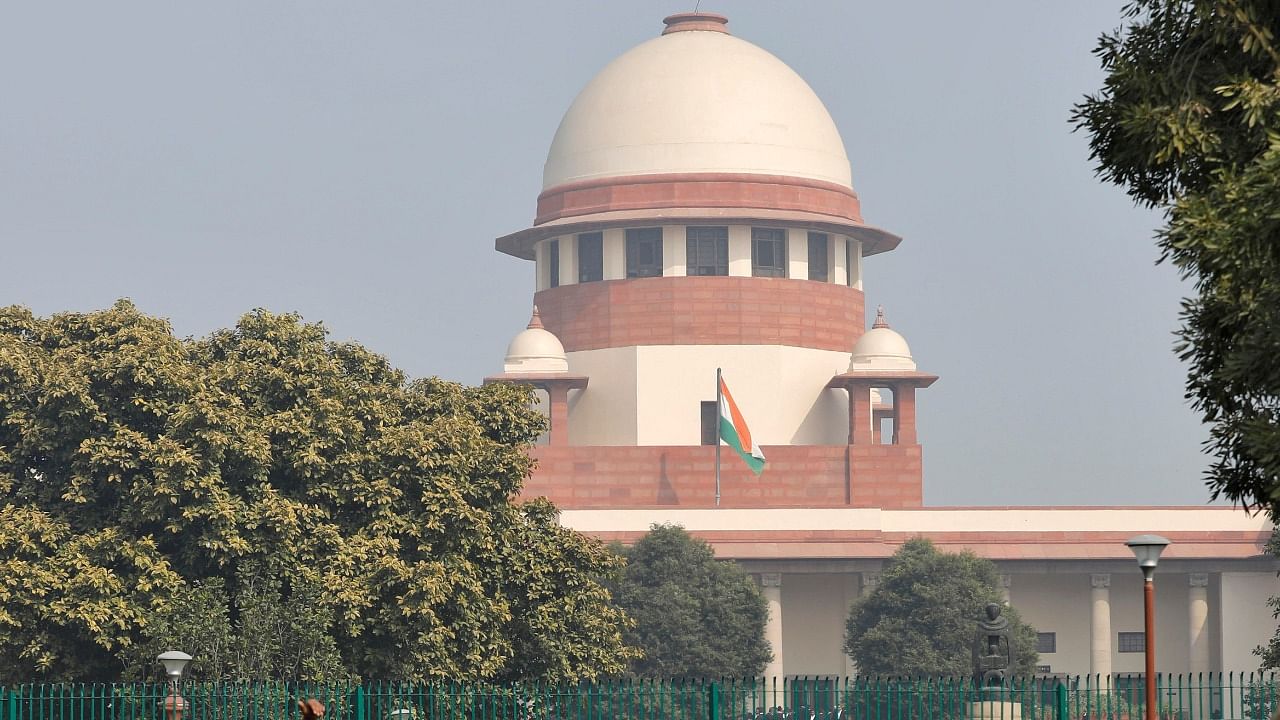
The Supreme Court on Wednesday said courts can order house arrest of an accused in suitable cases and legislature can even think over using it in post conviction cases too, due to overcrowding of jails.
The top court said courts in appropriate cases can order house arrest of accused based on the criteria like age, health condition and the antecedent.
A bench of Justices U U Lalit and K M Joseph held that the number of days spent by a person under house arrest can be counted as period of custody for the purpose of filing charge sheet stipulated under the law.
However, the top court rejected plea by activist Gautam Navlakha for default bail in connection with the Bhima Koregaon case. He contended 34 days of his house arrest should be computed for the NIA to file charge sheet under the maximum period of 90 days as mandated under Section 167 of the Criminal Procedure Code. The court found that in the instant case, Navlakha, along with co-accused, themselves have offered to remain under the house arrest.
In a 206-page judgement, Justice Joseph said, "'House arrests’ have been resorted to in India, in the context of law relating to ‘preventive detention’. What is however relevant is that preventive detention is also a form of forced detention. House arrest is also custody and forced detention."
The court suggested the legislature can ponder over use of house arrest in post conviction cases as well, in view of problems of overcrowding in prisons and the cost to the state in maintaining prisons.
"There is a tremendous amount of overcrowding in jails in India. Secondly, a very large sum (Rs 6,818.1 crore) was the budget on prisons. Both aspects are relevant in the context of the possibilities that house arrest offer," the court said.
Delhi had the highest occupancy rate of 174.9 % followed by Uttar Pradesh which came second with 167.9 %.
The court also held a period of transit remand authorising production of an accused before a jurisdictional court would be considered for computing the period of custody for the purpose of filing the charge sheet.
